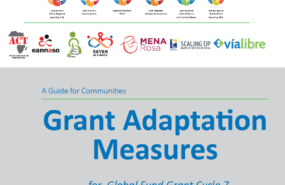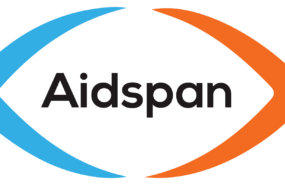Montenegro: Benchmarking sustainability of the HIV response among Key Populations in the context of transition from Global Fund support to domestic funding
- 12.02.2022 13:15
- Post Views: 316
The aim of this analysis is to assess the fulfillment of the commitments given by the Government of Montenegro aimed to ensure the sustainability of the HIV response among KPs in the context of the country’s transition from Global Fund support to national funding. The results of the assessment are expected to be used to assist CSO’s, key affected communities and partners to remain more informed and engaged in the monitoring of the transition process from donor to domestic funding and to thereby advocate for the implementation of activities that will lead to the sustainability of the national HIV response.
This assessment was conducted using the Methodological Guide and Transition Monitoring Tool (TMT) developed by EHRA. A number of national commitments contributing to ensuring sustainability of the HIV response were identified and prioritised and subsequently analysed based on available data, as well as information from key informants. The assessment was conducted and led by two national reviewers with the support of local HIV experts and representatives of affected communities from organisations involved in advocacy and service delivery for KAPs and PLHIV (the national reference group).
According to the findings of the study, Montenegro scored as per the following health system domains and programmatic areas shown in Tables below, and colour coded as per the TMT Methodological Guide:
Table 1. Overall evaluation of the prioritized for the assessment commitments by health system domain

Table 2. Overall evaluation of the prioritized for the assessment commitments by programmatic areas

Overall, the scoring in Table 2, above, shows high scores under two programmatic areas but, at the same time, average progress under programmatic area ‘HIV Prevention’ and low progress under programmatic area ‘Human rights and overcoming legal barriers’. In addition, certain challenges under certain health system domains have been identified as shown in Table 1. For example, under the health system domain ‘Governance’, there is moderate progress (38%); under the domain ‘Financing’, average progress (51%); under the domain ‘Service provision’, average progress (59%); while under the domain ‘Human resources’, there is substantial progress (70%). Thus, particular attention and further urgent actions need to be undertaken under the health system domains ‘Governance’, ‘Financing’ and ‘Service provision’, as the lowest performing domains according to the assessment. In addition, further attention and work is required under the health system domain ‘Human resources’. More details on the findings and recommendations can be found under sections ‘Findings’, ‘Discussion and Conclusions’ and ‘Recommendations’ of the report.
Related News
Services for migrants and refugees from Ukraine – HIV/TB care with a focus on key populations
Due to the increasing flows of refugees from Ukraine because of Russia’s invasion of Ukraine, the EECA Regional Platform created a spreadsheet to fill contacts details of face-to-face and online services for refugees and migrants (with a focus on HIV/TB care and key population groups).
Regional Platform – EECA
This web-resource is a part of new regional communication and coordination project “Regional Civil Society and Community Support, Coordination and Communication Platform - EECA”, implemented by Eurasian Harm Reduction Association (EHRA).
Tags
See also
-
Grant Cycle 7 Reprioritization: How can communities prepare? 02.07.2025 12:03
-
Webinar: Using Global Fund's Data for Advocacy 12.06.2025 12:00







